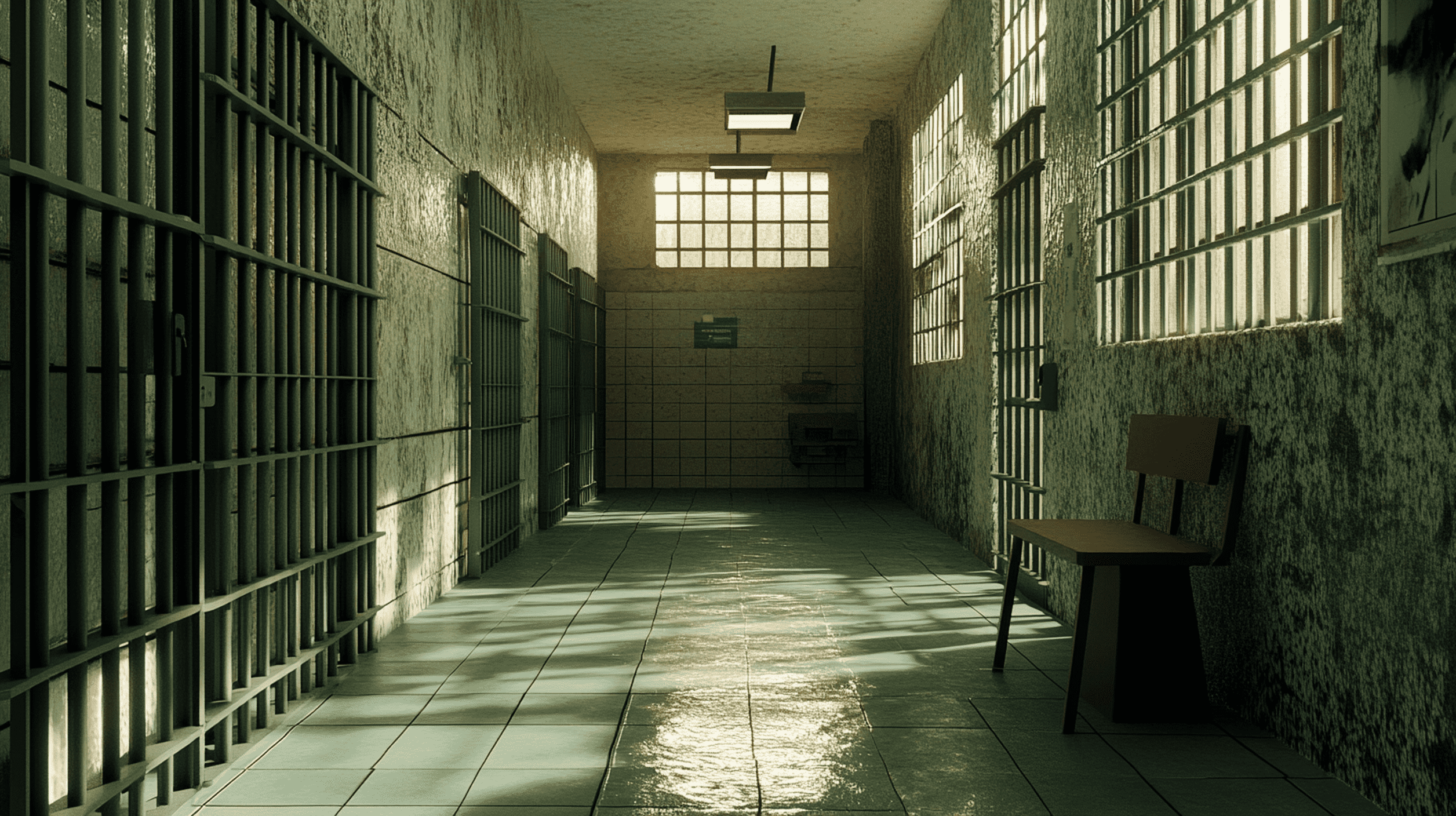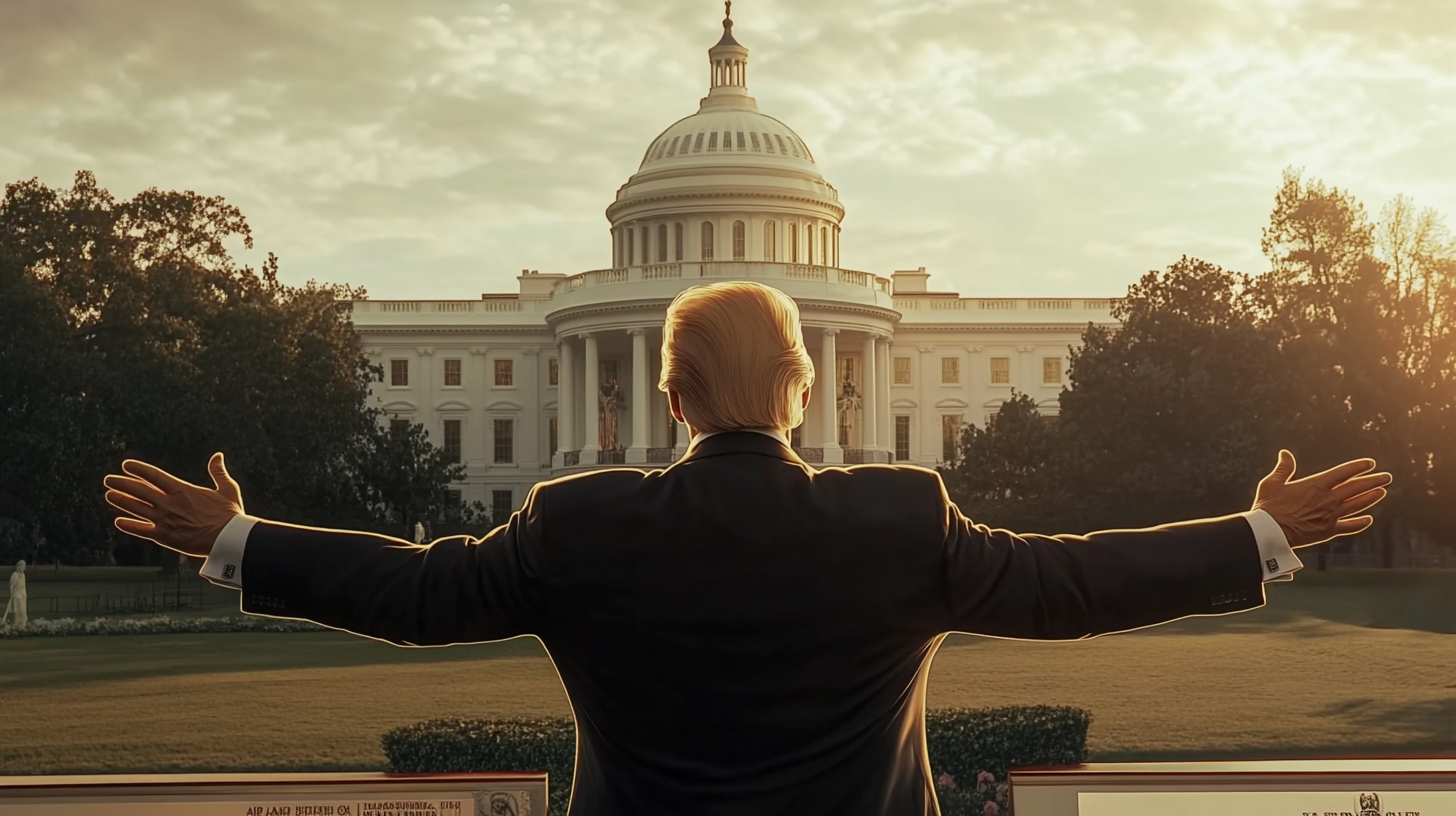
A collective of leading economists has openly challenged the economic justification of Trump’s tariffs, presenting their argument in a letter circulated earlier this week.
The economists argue the tariffs lack an economic basis, potentially affecting international trade dynamics. The letter has sparked debate within the financial community and policy circles.
Prominent Economists Criticize Tariff Justification
The letter, signed by a group of highly-regarded economists, claims that Trump’s tariffs have minimal economic rationale. They argue that these measures could harm both domestic and global economies, questioning their long-term benefits. According to a report from Yale’s Budget Lab, such tariffs can have extensive distributional effects, impacting various sectors and the broader economy.
The economists involved include prominent figures from leading institutions. They highlight that the tariffs disrupt existing trade relationships and introduce uncertainty in the market. These actions reportedly diverge from established economic agreements.
Mixed Market Reactions to Tariffs
Industry analysts have expressed mixed reactions, with some supporting the economists’ stance while others argue for the tariffs’ protective nature. The financial markets showed volatility following the announcement, reflecting varying investor sentiments. As Mariana Mazzucato, Economics Professor at University College London, stated,
“These tariffs will cause inflation in the United States; they will cause lower consumer power of US workers. The estimates are between $1,700 to $5,000 per family in terms of the costs of these tariffs.”
The tariffs may lead to adverse outcomes such as higher consumer prices and strained trade relations. Analysis of historical trends suggests similar measures have previously resulted in trade wars and economic slowdowns. Data supports these potential negative outcomes.
Tariffs Echo 1930s Trade Policies
Past instances, like the Smoot-Hawley Tariff Act of 1930, also drew criticism for allegedly worsening economic conditions. Such historical events serve as cautionary tales for policymakers considering similar approaches today. Experts from Kanalcoin suggest that while tariffs are meant to protect domestic industries, they often backfire by reducing competitiveness. Historical data indicates potentially severe repercussions that necessitate careful deliberation before implementation.









